TopGuide: Your career has spanned multiple industries and geographies. What inspired you to return to Ghana and invest in the country, and how has your experience abroad influenced your approach to business and investment in Ghana?
Alex Apau Dadey: While living in the UK in the late 80’s and early 90’s, I was struck by the corporate and industrial culture and landscape prevalent in that part of the world. There were companies that had been set up fifty, eighty and even hundred years ago that were thriving and expanding even to this day. Mind you, I worked at the highest level, eventually becoming export direc- tor before venturing to start my own company. I had now learnt and put into practice different ways of doing things which were, to put it bluntly, alien, in this part of the world. My mission at that point in life became very clear, that is, to eventually transition back home to replicate the model I had learnt and practiced in the UK. I knew the Ghanaian terrain, I understood it, I schooled here so I knew the mindset. I knew exactly what needed to be done to succeed here, and I am proud to say, we have achieved exactly what we set out to do.
TG: KGL Group operates across various sectors including fintech, lo- gistics, agriculture, property development, and commerce. What are some of the most significant challenges and opportunities you have encountered in these sectors, and how has KGL Group positioned it- self to address and leverage them?
AAD: We have carved a niche as industry intervention specialists as I like to call it. This means we take a holistic approach to solving large scale problems. The challenges we have faced since inception are well documented, but we have never allowed them to overawe us. Challenges are meant to be overcome. It’s the problem solvers that become successful. Take our intervention in the lottery space for example. The National Lottery Authority were making huge losses and were unable to even sustain salary payments let alone lottery winnings. We came in, and the opposition
was huge. We were even accused of coming to take away people’s jobs. All sorts of things were said about us. Take a look at the NLA today, we are the biggest contributors in terms of revenue to
the NLA, providing them with over 85 percent of their revenue. This didn’t happen by chance. The NLA is now profitable because of our intervention. It is the same scenario happening in the fisheries sector where we have introduced technology to help eradicate the age-old issues associated with the pre-mix fuel supply. These interventions we have introduced help change the fortunes of industries and I am proud to continue to spearhead such revolutionary changes to the Ghanaian narrative.
TG: As Board Chairman of the Ghana Invest- ment Promotion Centre, what initiatives are you implementing to attract more investors, especially Diasporans, to Ghana?
AAD: As I have mentioned, championing Diaspo- ran Direct Investment (DDI) as an alternative to Foreign Direct Investment (FDI) is one thing I have actively tried to lead. I am glad to see inroads made in this area, as the GIPC has actively taken this up and is running quite a number of programs in this area. I am also an avid proponent of Public- Private Partnerships. I have always believed, and I have said this time and again, governments do not create wealth, the private sector does. Government’s role is to create the necessary conditions that will attract the private sector to create wealth and opportuni- ties for the country. Great Nations have been built on the backs of the private sector; it isn’t a new phenomenon. Ghana has to look at this approach. Government has to identify industry champions, create the right and conducive environment for them, and partner them to drive real change in our industries. This is something I continue to cham- pion at GIPC.
TG: What advice would you give to other Diasporans considering investing in Ghana? What lessons have you learned in your jour- ney that you’d like to share with others?
Diasporans have an added value, they have a very different mindset and way of doing things. It is what makes them attractive, and why they are the future in terms of effecting change in the country. There are two very key points of advice I would like to impart to them on doing business in Ghana. First key point, learn to cultivate relationships and not be transactional. People who are transactional are very short sighted in my view. One of the key reasons for our success is because we have learnt to cultivate relationships. My business partners and directors are people I have known for over forty years. These are people I have lived life with, they know me well and vice versa. It has been easier to do what we have done because we placed emphasis on the people we chose to do this with. Learn to cultivate the right relationships, it will ensure you do this well. My second key point has to do with integrity. There is a famous quote by John C. Maxwell; “image is what people think you are, integrity is what you re- ally are”. Without integrity in the business world, no credible person will want to work with you. It’s as simple as that. I am an example of one who has kept these principles all my life. These, in my view, have been key to our success here at KGL Group.


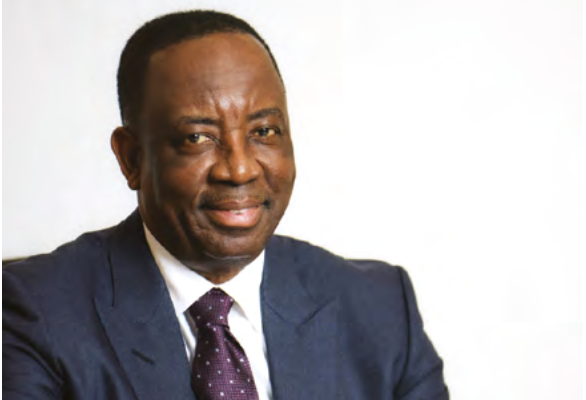
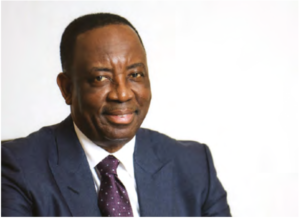
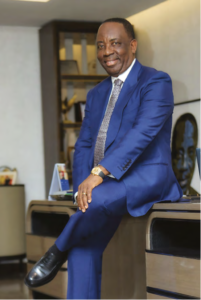
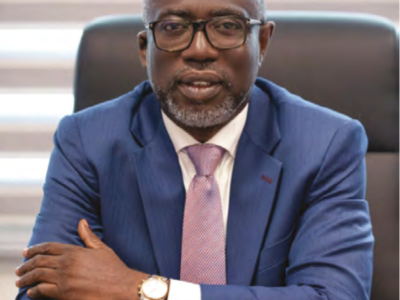
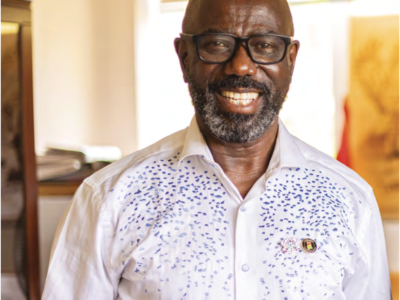
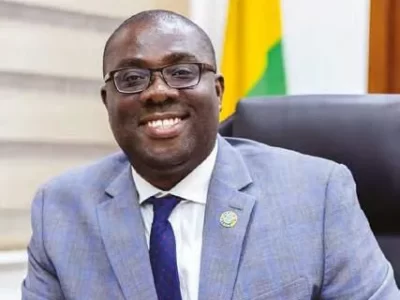

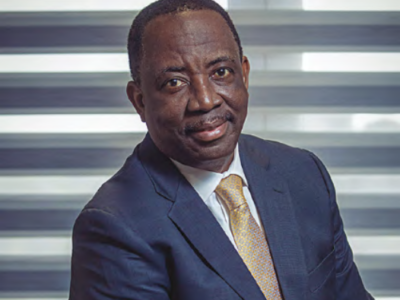
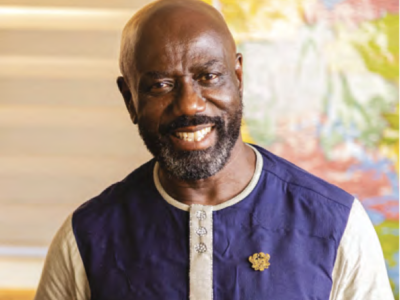
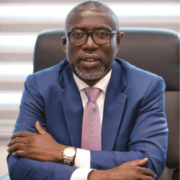
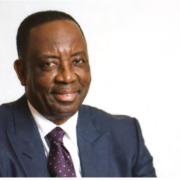
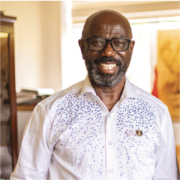

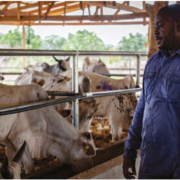
Comments